Organic farming is a type of agriculture sector that relies on natural inputs rather than synthetic inputs, such as fertilizers and pesticides. The organic farming industry in Sikkim is growing rapidly, thanks to the state’s conducive climate and soil conditions. If you’re considering starting organic farming in Sikkim, this blog post is for you. We’ll cover every point about how to start organic farming in Sikkim, including a business plan, cost and profit analysis, and pest and disease management tips.
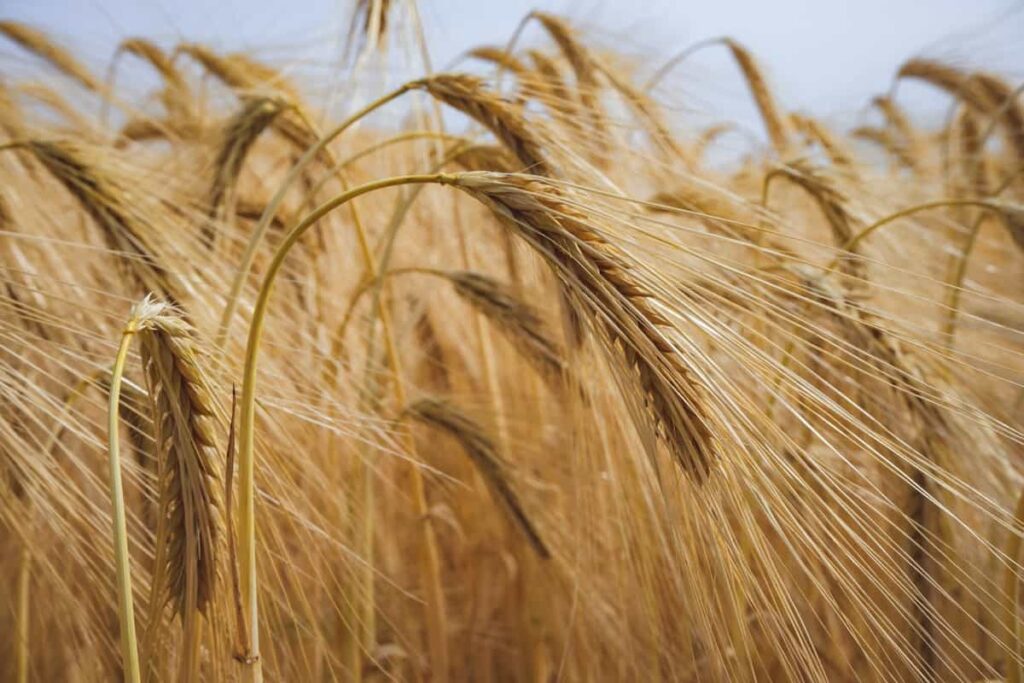
How to start an organic farming in Sikkim
What is organic farming?
Organic farmers use management practices that restore, maintain, or enhance ecological harmony, including but not limited to: crop rotation, cover crops, green manure composting, biological pest control, and mechanical cultivation. Organic agriculture has been practiced since ancient times. It was the only form of agriculture practiced until the late 19th century when synthetic fertilizers and pesticides were developed. Organic agriculture began to decline in the 20th century as these chemical inputs became more widely used and accepted.
There has been more interest in organic farming in recent years as people have become concerned about conventional agriculture’s environmental and health impacts. There are many benefits of organic farming. First and foremost, it is environmentally friendly because it does not rely on synthetic inputs that can pollute the air, water, and soil. It also helps to conserve resources such as water and energy.
In case you missed it: 12 Best Agriculture Business Ideas in the USA: A Beginners Guide for Making Profits
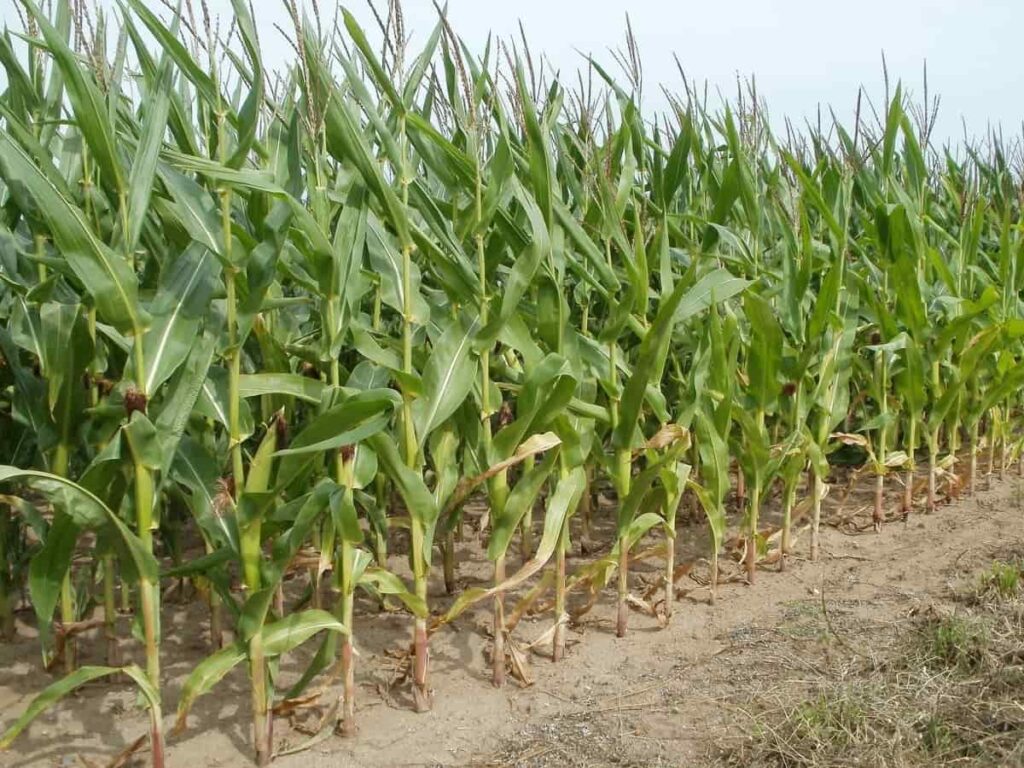
Additionally, organic farming supports biodiversity by providing habitat for wildlife and promoting natural pest control. Finally, organic food is often perceived to be healthier since it does not contain chemical residues. There are also some challenges associated with organic farming. The main challenge is that it can be more labor-intensive than conventional farming since farmers need to rely on manual labor or animal power rather than mechanized equipment.
The benefits of organic farming in Sikkim
Organic farming has several benefits over traditional farming methods. These include improved soil health, increased crop yields, reduced water usage, and decreased pesticide and fertilizer use. Organic farming also supports biodiversity by providing a habitat for beneficial insects, birds, and other animals. Additionally, organic farmers often use sustainable practices such as cover crops and crop rotation to improve soil health and reduce environmental impact.
In Sikkim, organic farming is particularly well-suited due to the region’s hilly terrain and reliance on monsoon rains. The state’s small farms are typically unable to afford chemical inputs, making organic methods a more viable option. Additionally, Sikkim’s climate is conducive to organic agriculture, with warm temperatures and high humidity ideal for crop growth. Pests and diseases are also less of a problem in Sikkim than in other parts of India, making organic management easier to implement.
What are the challenges of organic farming in Sikkim?
Organic farming in Sikkim has many challenges. The first challenge is the high cost of organic inputs. Organic farmers in Sikkim have to pay more for organic seeds, fertilizer, and other inputs. They also have to spend more time and labor on farm chores such as weeding and pest control. The second challenge is pests and diseases. Pests and diseases can be a big problem in organic farms. Farmers have to use more labor and time to control them.
In case you missed it: Ayam Cemani Chicken Breed Guide: Characteristics, Cost, Egg Laying, Care,

They also have to use more natural pesticides and insecticides, which can be expensive. The third challenge is marketing. It can be difficult to sell organic products in Sikkim because there is little demand for them. Farmers must find innovative ways to market their products, such as direct marketing or online sales. Despite these challenges, organic farming in Sikkim has great potential. The state’s climate and soil are well-suited for organic agriculture. And with proper management, organic farms can be profitable businesses.
Types of organic crops grown in the state of Sikkim
Organic crops grown in Sikkim include rice, maize, wheat, soybeans, and pulses. Sikkim’s climate is conducive to these crops’ growth, and the soil is rich in nutrients. Farmers in Sikkim have been using organic farming practices for centuries, and the results are evident in the high quality of the crops produced. Organic rice is one of the most popular crops grown in Sikkim. The state is home to several organic rice farms, and the rice produced here is of excellent quality.
Maize is another popular crop, and farmers in Sikkim grow various maize varieties. Wheat is also grown in Sikkim, and the wheat produced here is used to make a variety of breads and other baked goods. Soybeans are another important crop grown in Sikkim. The soybeans grown here are used to make various products, including tofu and tempeh. Pulses are also grown in Sikkim, and these legumes are an important protein source for many people in the state.
Business plan for organic farming in Sikkim
For starting an organic farming business in Sikkim, it is important to have a well-thought-out business plan. This information will help you map out the costs, profits, and challenges associated with starting and running an organic farm in Sikkim. Organic farming in Sikkim can be a profitable venture if done correctly. The cost of starting an organic farm in Sikkim will change depending on the size and scope of your operation. However, some general costs are associated with starting any farm. These costs include:
- Land: You must purchase or lease land for your organic farm. The land cost will change depending on the location and size of your farm.
- Equipment: You will need to purchase or lease equipment for your farm. The equipment cost will change depending on the type and size of your operation.
- Seeds: You will need to purchase seeds for your crops. The cost of seeds will vary depending on the crop you plan to grow.
- Labor: You will need to hire labor for your farm. The labor cost will change depending on the type and size of your operation.
- Certification: To sell your products as organic, you will need to get certified by a recognized organic certification body
In case you missed it: How to Grow Potato Plants Faster: Best Tips to Increase Flowering, Fruiting, and Yield
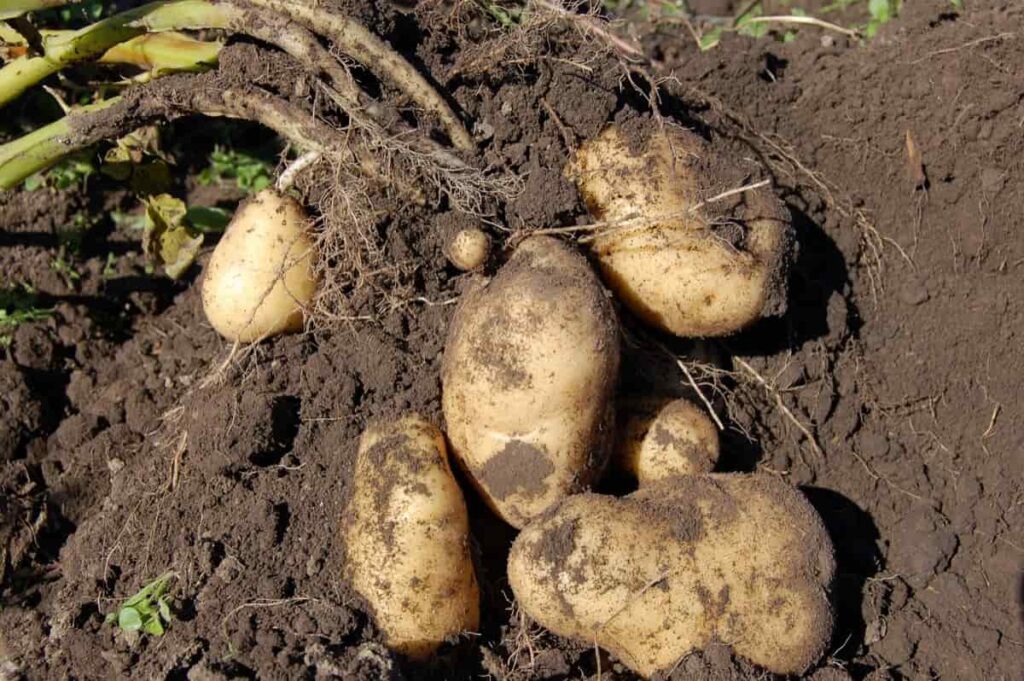
How to start organic farming in Sikkim?
- Choose your land wisely: When starting organic farming in Sikkim, choosing land well-suited for agricultural production is important. The land should have good water and soil resources and be located near markets for selling your produce.
- Create a business plan: Before beginning any farming venture, it is crucial to develop a business plan. This document will outline your farm’s goals, operating procedures, and financial projections. It will also help secure loans or investments for your farm.
- Obtain the necessary certifications: To sell your products as “organic,” you will need certification from the National Organic Program (NOP). This process can be lengthy and expensive, but it is essential for marketing your products to consumers.
- Control pests and diseases organically: Pests and diseases can wreak havoc on crops, so it is important to implement effective management strategies. This includes using organic pesticides and herbicides and maintaining a healthy crop rotation schedule.
- Marketing and selling your products: Once you have a successful organic farm up and running, you will need to market and sell your products to make a profit. There are different ways to do this, including direct sales to consumers or through wholesale channels like retailers or restaurants
Pests and disease management in organic farming
Organic farming in Sikkim requires careful management of pests and diseases. Many pests and diseases can be controlled with organic methods, but some require chemical sprays or other treatments. Pest management in organic farming begins with preventive measures, such as using resistant varieties of crops, crop rotation, and good sanitation practices. Physical barriers, such as nets and traps, can also keep pests away from crops. Biological control agents, such as ladybugs and nematodes, can be used to eat or parasitize pests.
In case you missed it: How to Start an Organic Vegetable Farming in Telangana: Business Plan, Crops, and Subsidy
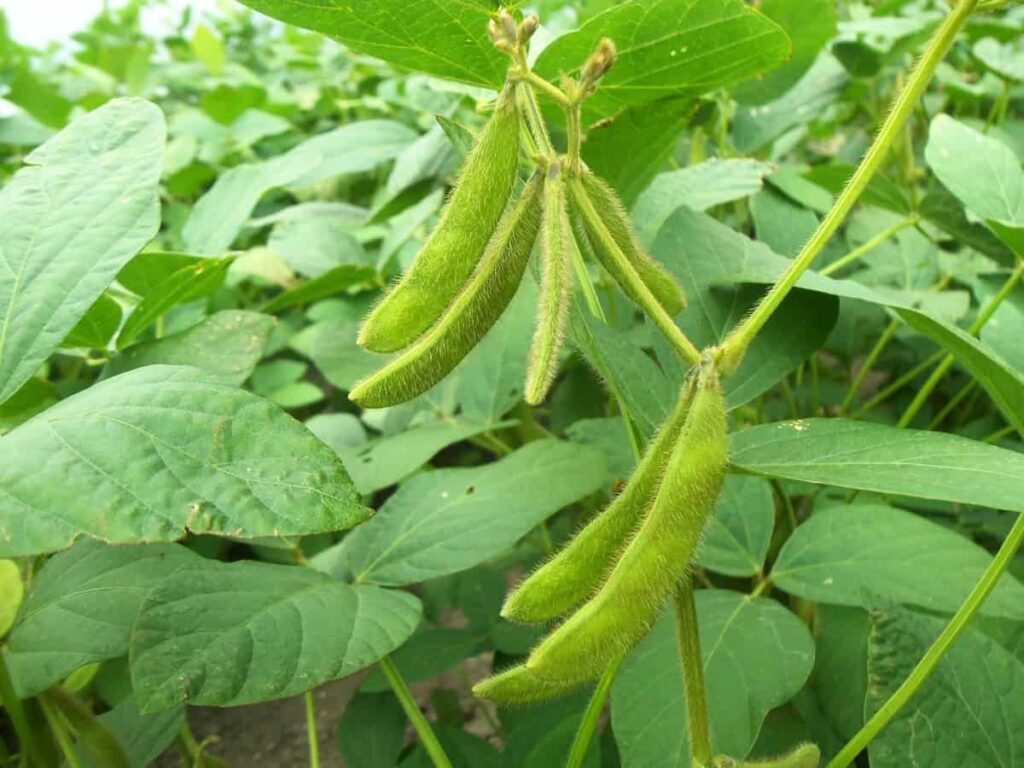
Disease management in organic farming also starts with preventive measures, such as using disease-resistant varieties of crops and practicing good sanitation. Crop rotation can help to reduce the build-up of pathogens in the soil. Biological control agents can be used to control plant diseases. Copper sulfate can be used as a fungicide on some crops. Neem-based oils and cakes can be used for insect pest control.
When did organic farming start in Sikkim?
Organic farming in Sikkim started in the early 2000s. The state government promoted organic farming to improve small farmers’ livelihoods and preserve the state’s natural resources. Organic farming requires less chemical inputs, such as fertilizers and pesticides, and thus is more environmentally sustainable. In Sikkim, organic farmers use traditional knowledge and practices, such as mixed cropping and intercropping, to boost crop productivity and manage pests and diseases.
Farmers also employ agroforestry techniques, such as planting trees on farmlands, to create a more diverse and resilient ecosystem. The state government provides financial and technical support to farmers who want to convert to organic farming. It has also created an extensive certification system verifying that farmers adhere to organic standards. As a result of these efforts, Sikkim has become one of the leading producers of organic food in India.
How did Sikkim become India’s first organic state?
In 2016, Sikkim became India’s first organic state, with all of its farmland being certified organic. The transition to organic farming was started in 2003 by the state government to improve the livelihoods of farmers and protect the environment. The conversion to organic farming involved providing farmers with training and support in infrastructure and market access.
In addition, the state government implemented several policies to incentivize farmers to switch to organic methods, such as exempting them from taxes on organic inputs and products and giving them preference in government contracts. The results have been impressive, with farmers’ yields increasing and costs decreasing. In addition, the switch to organic farming has positively impacted the environment, reducing soil erosion and water pollution.
Cost to start organic farming in Sikkim
Organic farming is a viable business venture in Sikkim with numerous benefits. The cost of starting an organic farm in Sikkim is relatively low when compared to other regions in India. The main expense associated with organic farming is the cost of organic inputs, which can be sourced from local farmers or online retailers. The other significant costs include labor, land, and water. Organic farming is highly labor-intensive and requires skilled workers for seed sowing, transplanting, weeding, and harvesting.
Land prices in Sikkim are reasonable, and water is readily available from rivers and streams. The primary benefit of organic farming is the production of healthy food free from chemical residues. Organic produce fetches a premium price in the market due to the growing consumer demand for healthy food options. In addition to the economic benefits, organic farmers also enjoy the satisfaction of producing food that is beneficial for the environment and human health.
How to get organic farming certification in Sikkim?
Organic farming certification in Sikkim can be obtained from the Department of Agriculture, Government of Sikkim. The certification process involves filling out an application form and submitting it along with the required documents. The documents required include a copy of the farmer’s land ownership document, proof of organic farming practices, and a self-declaration form. Once the application is submitted, the department will inspect the farm and issue a certificate if everything is in order. The certificate is valid for 3 years and can be renewed after that.
In case you missed it: Homemade Fertilizer Recipe with Egg Shells: How and When to Apply in the Garden
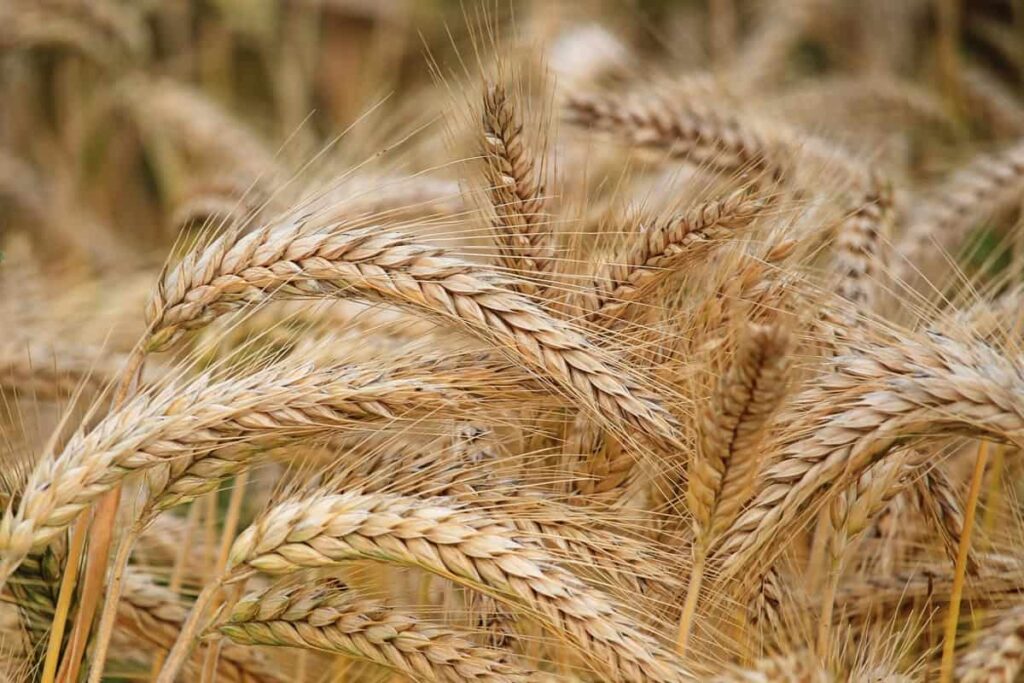
Profits in organic farming in Sikkim
Organic farming is an eco-friendly approach to agriculture that relies on natural processes. Sikkim is a state in India with a suitable climate for organic farming. The state has been promoting organic agriculture since 2002 and is now one of the country’s leading producers of organic crops. Organic farming can be profitable, but it requires careful planning and management.
The main challenges faced by organic farmers in Sikkim are pests and diseases. Pests can be controlled using traditional methods such as crop rotation, while diseases can be managed through resistant varieties and good sanitation practices. The cost of setting up an organic farm in Sikkim will vary depending on the farm size and type. However, it is possible to generate a good profit from organic farming if carefully planned and managed.
Conclusion
Suppose you’re thinking of starting organic farming in Sikkim. In that case, this article provides a comprehensive guide on everything you need to know, from business planning and cost considerations to pest and disease management. While it is challenging to start organic farming, the potential rewards are significant for your health and the environment. With proper planning and execution, organic farming can be a profitable venture that benefits all involved.
- Profitable Village Farming Business Ideas in 2024
- High-Yield Aquaculture: Fast-Growing Fish for Farming
- Effective Fish Pond Construction Techniques for Beginners
- Irrigation and Water Management in Pineapple Farming
- Blossom to Harvest: Mastering Flowering and Pollination in Papaya Farming
- Pig Fattening Essentials: From Selection to Sale for Beginners
- Raising Wagyu Cattle: A Complete Guide for Premium Beef Production
- Soil Types and Their Water Holding Capacity
- Optimizing Irrigation Schedules for Coconut Groves for Enhanced Yield
- Espresso Your Garden: Coffee Grounds for Healthier Acid-Loving Plants
- The Best Soil Mix for Snake Plants: How to Mix Your Own Snake Plant Soil
- Green Thumb Success: Expert Tips for Cultivating Greenhouse Beans All Year Round
- Bloom All Year Round: The Ultimate Guide to Indoor Hyacinth Care
- Eco-Friendly Gardening: How to Make Liquid Fertilizer from Kitchen Waste
- Ultimate Guide to Grow Anise in Pots: Explore Seed Propagation to Harvesting
- Guide to Raising Chester White Pigs: Discover Breed Facts to Growth Management
- Mastering the Elegance: The Ultimate Guide to Weeping Cherry Tree Care, Planting, and Maintenance
- Ultimate Guide to Planting Garlic in Grow Bags: Growing Strategies for Beginners
- How to Fix Spider Plant Leaf-Related Problems: Natural and Organic Remedies
- 10 Reasons Why Your Tulsi Plant is Shedding Leaves: Home Remedies and Solutions
- Optimizing Growth and Yield: The Advantages of Palm Bunch Ash Fertilizer
- Utilizing Neem Oil Extract as a Natural Pesticide for Hydrangea
- From Soil to Harvest: Various Ways in Which Farmers Can Use AI Tools
- Steps to Encourage and Induce Citrus Flowers: A Comprehensive Guide
- How to Fix Snake Plant Leaf-Related Issues: Natural and Organic Remedies
- Transform Your Garden into a Fragrant Oasis with Raat Ki Rani (Night Blooming Jasmine)
- Discover the Ideal Chicken Breeds for Philippine Farms
- How to Create a Poultry Egg Farm Business Plan for Profits
- Grow Lemon Cucumbers Like a Pro: Insider Techniques for Bountiful Yields
- Ultimate Guide to Caring for Your Pink Princess Philodendron: Tips for Thriving Variegation
- Areca Nut Profit Per Acre: Calculating Yield and Cost of Cultivation
- How Kaveri Chicken is Becoming a More Profitable Breed in Indian Backyards
- Transform Your Barn: 9 Steps to Convert a Horse Stall into a Chicken Coop
- Exploring Suffolk Sheep Disadvantages with Limitations and Challenges
- Guide to Solving Potted Lemon Tree Problems: How to Revive Lemon Tree in Containers
- Steps to Encourage Female Pumpkin Flowers: Best Strategies for More Flowers and High Yields
